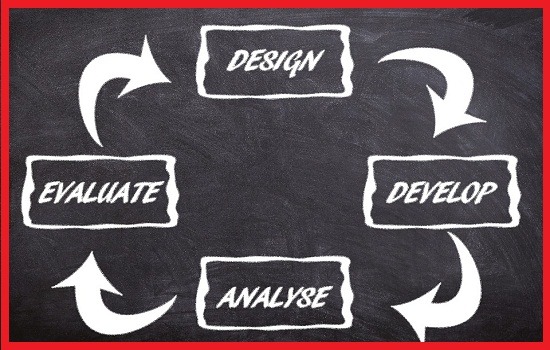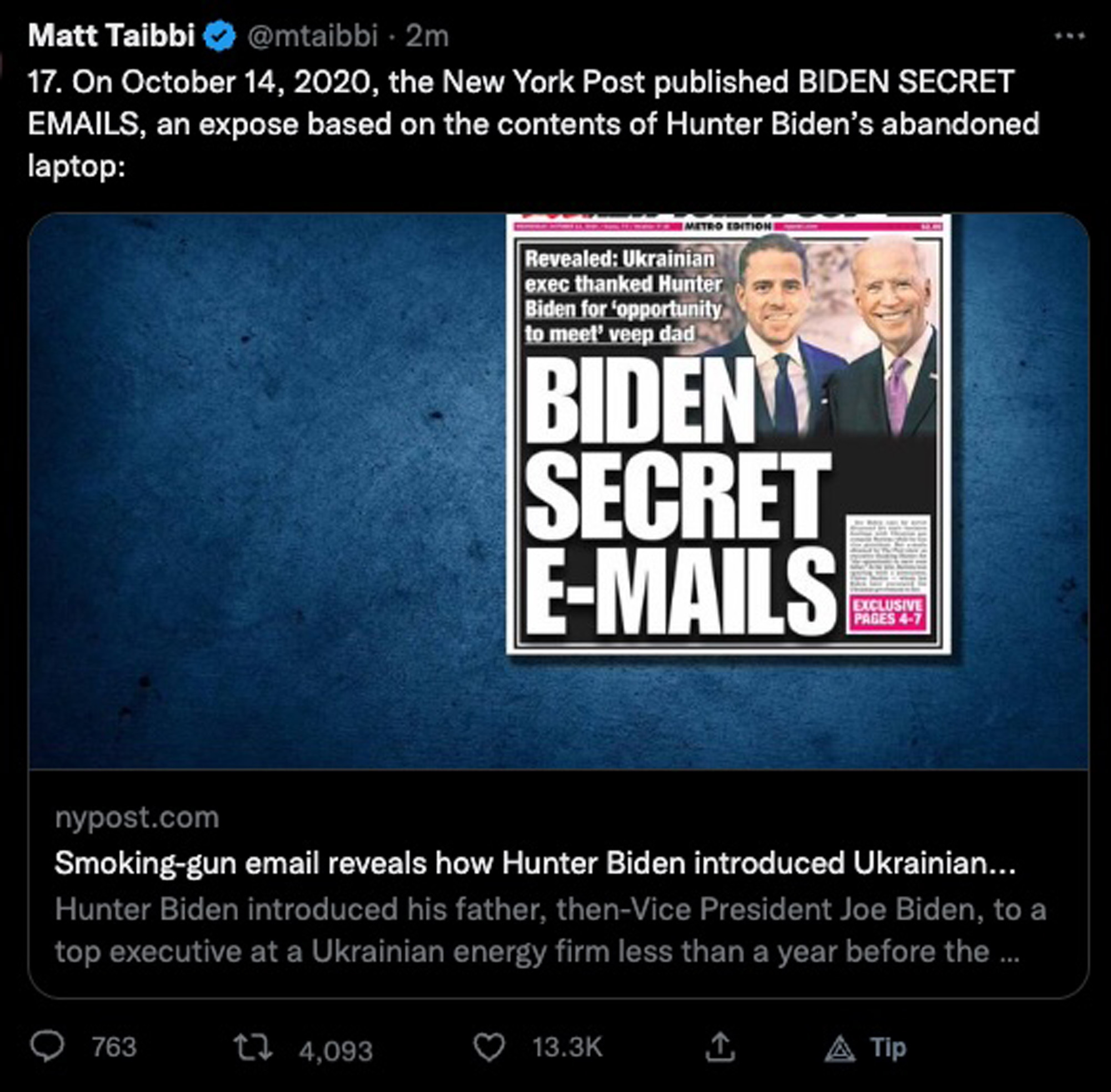Middle Managers: The Bridge Between Leadership And Employees, Driving Business Growth

Table of Contents
The Role of Middle Managers in Strategic Alignment
Middle managers are responsible for translating high-level business strategies into actionable plans for their teams. This crucial role ensures strategic alignment across the entire organization. Without effective middle management, the company's vision remains just that – a vision, disconnected from the daily realities of employees and their work. Successful strategic alignment relies heavily on clear and consistent communication.
- Effectively communicating the company's vision and strategic goals: Middle managers must be able to articulate the "why" behind strategic initiatives, connecting individual tasks to the overall company objectives. This fosters a sense of purpose and understanding among team members.
- Translating high-level strategies into team-specific objectives: Broad strategies need to be broken down into concrete, measurable goals that are relevant to each team's responsibilities. This requires a deep understanding of both the overall business strategy and the team's capabilities.
- Monitoring team progress against established metrics: Regular tracking of key performance indicators (KPIs) is essential to identify areas of success and areas needing improvement. This data informs decision-making and ensures the team stays on track.
- Identifying and addressing roadblocks to achieving strategic objectives: Middle managers are often the first to identify obstacles hindering progress. Their ability to proactively address these challenges is crucial for maintaining momentum.
- Providing regular updates to senior management on team performance: This ensures transparency and allows senior leadership to make informed decisions based on real-time data from the field.
Fostering Employee Engagement and Motivation Through Effective Middle Management
Highly engaged employees are more productive, innovative, and committed to the organization's success. Middle managers play a pivotal role in fostering this engagement. Their leadership style, communication skills, and ability to build strong relationships directly impact team morale and motivation.
- Building strong relationships with team members: Investing time in understanding individual needs, aspirations, and concerns fosters trust and loyalty. This creates a supportive and collaborative environment.
- Providing regular feedback and coaching: Constructive feedback is vital for employee development. Regular coaching sessions provide opportunities for growth and improvement, boosting morale and confidence.
- Recognizing and rewarding employee contributions: Acknowledging achievements, both big and small, demonstrates appreciation and motivates employees to continue performing at a high level. This can involve formal rewards programs or simple expressions of gratitude.
- Fostering a positive and collaborative team environment: Creating a culture of teamwork and mutual support enhances morale and productivity. Encouraging collaboration and open communication is essential for this.
- Identifying and addressing employee concerns: Being responsive to employee needs and concerns demonstrates care and builds trust. Addressing issues proactively prevents potential problems from escalating.
- Investing in employee development and training: Providing opportunities for skill enhancement and career advancement demonstrates a commitment to employee growth and strengthens engagement.
Improving Communication and Collaboration: The Middle Manager's Essential Skillset
Effective communication and collaboration are cornerstones of a high-performing team. Middle managers act as facilitators, ensuring information flows smoothly between leadership and employees and among different teams.
- Establishing clear communication channels: Implementing consistent and easily accessible methods for sharing information ensures everyone stays informed and aligned.
- Encouraging open dialogue and feedback: Creating a culture of open communication where employees feel comfortable expressing their opinions and ideas fosters innovation and problem-solving.
- Effectively resolving conflicts and disagreements: Middle managers need to be adept at mediating conflicts and finding mutually agreeable solutions. This prevents disputes from impacting team productivity.
- Facilitating collaboration across teams: Breaking down silos and fostering teamwork across different departments enhances efficiency and problem-solving capabilities.
- Ensuring transparency in decision-making: Openness about decisions and the reasoning behind them builds trust and reduces uncertainty among team members.
- Utilizing collaborative tools and technologies: Leveraging technology to enhance communication and collaboration improves efficiency and streamlines workflows.
Performance Management and Development: A Middle Manager's Key Responsibility
Performance management is not just about evaluating past performance; it's about driving future growth and development. Middle managers play a crucial role in this process by conducting performance reviews, identifying training needs, and fostering a culture of continuous learning.
- Conducting regular performance reviews: Regular feedback sessions provide opportunities for constructive criticism, goal setting, and career development discussions.
- Identifying training and development needs: Recognizing skill gaps and providing opportunities for skill enhancement ensures employees have the tools they need to succeed.
- Implementing performance improvement plans: For employees who are underperforming, well-defined improvement plans help address issues and get them back on track.
- Creating a culture of continuous learning: Fostering an environment where learning and development are valued encourages continuous improvement and enhances employee skills.
- Identifying high-potential employees: Recognizing and nurturing talent within the team is essential for succession planning and organizational growth.
- Developing succession plans for key roles: Ensuring a smooth transition of responsibilities is crucial for maintaining team stability and organizational success.
Conclusion
Effective middle management is not simply a matter of managing; it's about leading, mentoring, and facilitating. By strategically aligning teams with organizational goals, fostering employee engagement, enhancing communication and collaboration, and driving performance management and development, middle managers significantly impact business growth. Investing in your middle managers – providing them with the training, resources, and support they need – is an investment in the future success of your organization. Invest in your middle managers today and unlock the potential for significant business growth. Learn more about strategies for effective middle management and bridge the gap between leadership and employee success.

Featured Posts
-
 Social Media Censorship X Restricts Turkish Mayors Account Following Protests
May 10, 2025
Social Media Censorship X Restricts Turkish Mayors Account Following Protests
May 10, 2025 -
 International Transgender Day Of Visibility Three Steps To Allyship
May 10, 2025
International Transgender Day Of Visibility Three Steps To Allyship
May 10, 2025 -
 Uk Tightens Visa Rules Impact On Nigerian And Pakistani Applicants
May 10, 2025
Uk Tightens Visa Rules Impact On Nigerian And Pakistani Applicants
May 10, 2025 -
 Njwm Krt Alqdm Waltbgh Drast Fy Altnaqd
May 10, 2025
Njwm Krt Alqdm Waltbgh Drast Fy Altnaqd
May 10, 2025 -
 Figmas Ai A Deeper Dive Into Its Competition With Adobe Word Press And Canva
May 10, 2025
Figmas Ai A Deeper Dive Into Its Competition With Adobe Word Press And Canva
May 10, 2025
